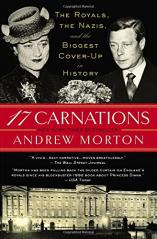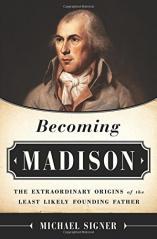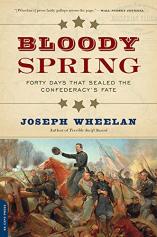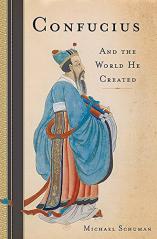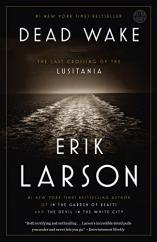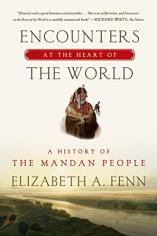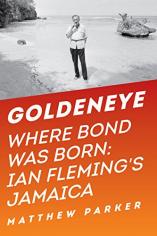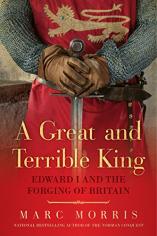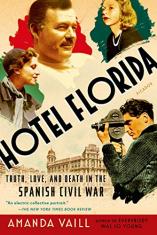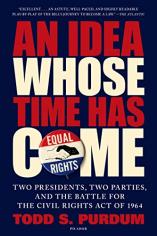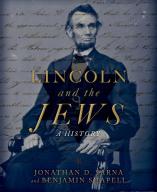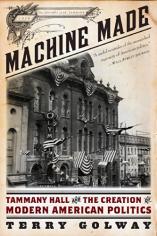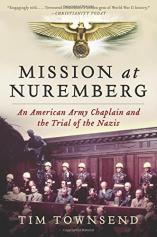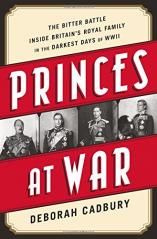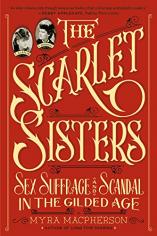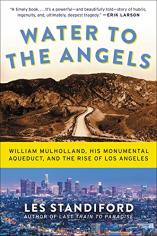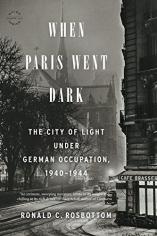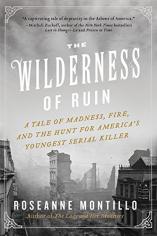March 2015
History Books Roundup: Reliving the Past
March 2015

March’s roundup of History titles includes DEAD WAKE, Erik Larson’s enthralling account of the sinking of the Lusitania that also brings to life a cast of evocative characters --- from famed Boston bookseller Charles Lauriat to pioneering female architect Theodate Pope to President Woodrow Wilson; THE DEATH OF CAESAR, the exciting, dramatic story of one of history’s most famous events --- the death of Julius Caesar --- which is now placed in full context of Rome’s civil wars by Barry Strauss; THE GREAT DIVIDE, in which acclaimed historian Thomas Fleming examines how the differing temperaments and leadership styles of George Washington and Thomas Jefferson shaped two opposing views of the presidency --- and the nation; and A GREAT AND TERRIBLE KING, the first major biography of King Edward I, whose reign was one of the most dramatic and important of the entire Middle Ages, leading to war and conquest on an unprecedented scale.

